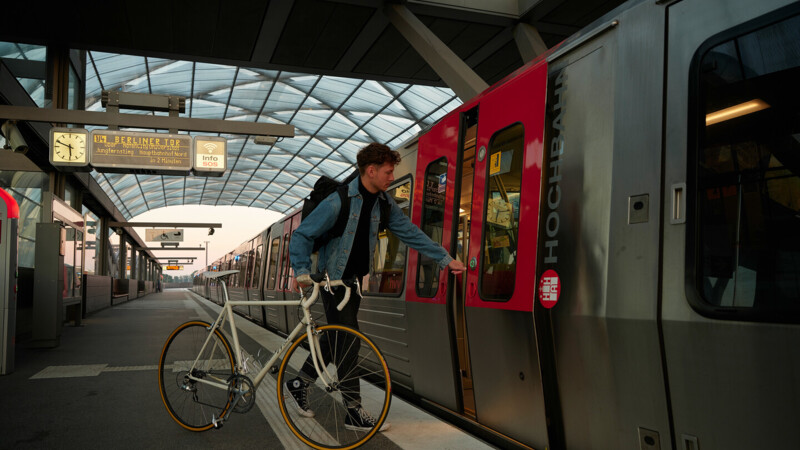"The 'Future Taxi' project is a model of success. The change in propulsion is going swiftly and proving highly satisfactory "The companies benefit from lower operating costs, the passengers are pleased with the increased comfort and the drivers are receiving higher tips," said Anjes Tjarks, Senator for Transport. Climate protection is central to the project. "Changing propulsion is the fastest means of significantly reducing CO2 in the transport sector," he added. Almost 3,000 tons of CO2 have been saved since the project launched in 2021. Annual savings of 25,000 tons could be achieved, if the entire fleet were converted.
Taxi companies can now apply online for funds from the "Future Taxi" project after the senate set aside another EUR 1 million in funds including EUR 2,500 each for 360 e-taxis and up to EUR 20,000 for five e-inclusion vehicles. Around 400 zero-emission taxis already travel on roads all over Hamburg and account for some 15 per cent of the total taxi fleet thanks to the project.
3,000 tons of CO2 already saved
Aiding taxi companies with switch
Changing propulsion became law in February and only zero-emission taxis can be registered from January 1, 2025. The "Future Taxi" project should help companies with the switch. Plans are also being laid to set up a public charging infrastructure for e-taxis and some 40 fast-charging points two of which are already in operation. Taxis that run on hydrogen drive are also being funded.
nj/sb
Sources and further information
More
Similar articles

25 hydrogen taxis now on roads across Hamburg

More than 250 electric taxis now on roads across Hamburg

Hamburg to become model mobility region
